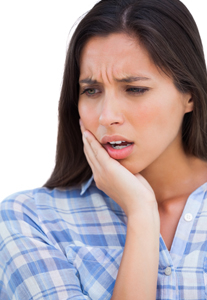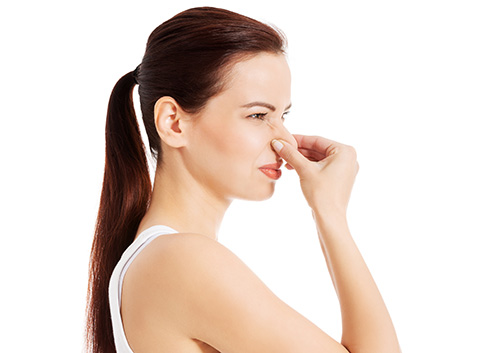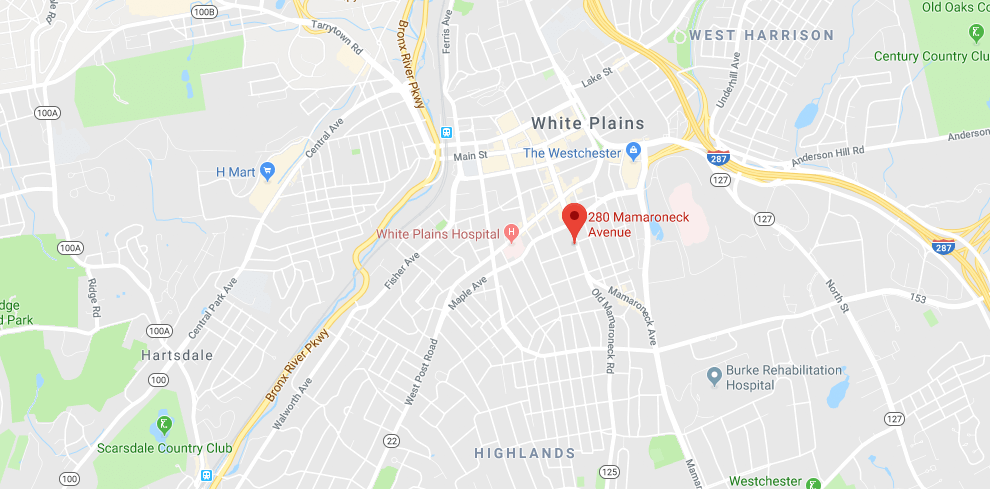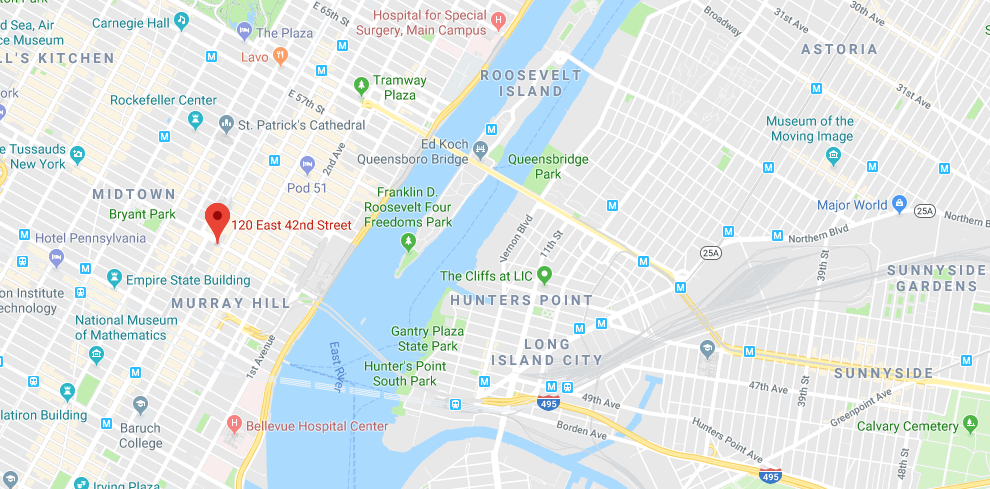December 26th, 2018

Watching the clock tick down the final seconds until midnight, many of us- Robert Marc Dental included- feel nostalgic about the passing year and hopeful about the new one to come. New Year’s Eve is one of the most widely celebrated holidays in the world, with over-the-top celebrations taking place in dozens of countries. The Gregorian calendar, which is widely used in Western nations and around the world, was implemented in 1582. Since that time, December 31st has marked the final day of the year, with midnight heralding the beginning of a brand new year. In the United States, New Year’s Day is a public holiday; government offices, schools, public organizations, and many businesses are closed for the day. Ponder the following fun facts as you think about your plans for the holiday:
- Approximately one billion people watch the New Year’s Eve ball drop in Times Square, New York City. This televised event is one of the most iconic New Year’s celebrations in the world. For many years, watching the ball drop meant tuning in to Dick Clark’s Rockin’ New Year’s Eve, an iconic television special dear to the hearts of many viewers.
- The idea for the New Year’s Eve ball came about because of a citywide ban on fireworks. Before 1907, when fireworks became illegal in New York City, celebrations included an elaborate fireworks show. The large, glittering, illuminated ball was developed as an alternative. Although the first ball was heavy at 700 pounds, the modern New Year’s Eve ball is made of Waterford crystal and tips the scale at six tons!
- The top five New Year’s resolutions are: to lose weight, quit smoking, get a new job, return to school, or increase personal savings. However, approximately 88% of New Year’s resolutions fail. But don’t let that discourage you! Resolutions are most likely to succeed when they are clear, achievable goals. Setting out a concrete plan to achieve your resolution also boosts your chances of success.
- Eating black-eyed peas on New Year’s Day is said to bring good fortune in the new year. Collard greens, cabbage, and ham hocks are also considered lucky foods to enjoy. Just steer clear of the chicken or turkey dinners; eating poultry is a bad omen for the year to come.
Whether you plan to stay in White Plains, New York, or head out into the crowds to watch the ball drop in Times Square, New Year’s Eve is a time to enjoy friends and family. Send your loved ones well wishes for the New Year, and look for that special someone to share a midnight kiss with for good luck!
December 19th, 2018

A dental emergency can strike anywhere, anytime, and without warning. Perhaps you’re playing a game of touch football on Thanksgiving and your brother-in-law decides to up the ante and tackles you, accidentally knocking out your two front teeth. Or maybe you’re on vacation somewhere in the tropics and decide to go deep-sea fishing, but when you’re climbing onto the boat you slip on the dock, fall, and chip three of your teeth. From misplaced fly balls to bagel seeds causing a painful bout of inflammation, there are all kinds of dental emergencies.
Here are the five most common reasons for emergency care visits.
- Somehow you've managed to knock out a tooth. Whether it's the result of a sports injury or because of decay, when you lose a tooth, you need emergency dental care. If the tooth is salvageable, then it can be reattached to the socket, but this needs to be done within a one- or two-hour window.
- A chipped tooth is the most common dental emergency. Small chips can be caused by food (chicken bones and nuts have sent many people to the dentist); however, it's usually some sort of accident or injury that more often causes a chip. While you might be embarrassed to walk around with a gaping chip in your front tooth, it is easily fixed with a bond, crown, or veneer.
- A broken tooth is more severe than a chipped tooth. When a tooth breaks, it might be due to a small or hidden chip. However, chances are the pain and discomfort will be more severe.
- It might seem comical, but getting a piece of food lodged in the wrong place can result in a dental emergency. If something gets stuck deep in a crevice, it can cause pain and inflammation.
- The loss of a filling happens more often than you think. When you lose a filling, you need to receive emergency care immediately. If you don’t, you risk further damage to your tooth.
When you injure your teeth or mouth, you need to seek emergency care as soon as possible. In the event of a suspected emergency, don't wait. Contact Dr. Schulman immediately.
December 12th, 2018

Have you ever had that sinking feeling after biting into something soft and chewy and feeling something hard and crunchy instead? You’ve chipped or broken a tooth, but what should you do next? First try to assess the damage by determining whether it’s a chip or a whole tooth.
As Dr. Schulman will tell you, a broken or chipped tooth is usually not a dental emergency unless you are experiencing a great deal of pain or bleeding, but you should contact us for an appointment shortly afterward. Be sure to mention that you have a broken tooth so we can fit you into our schedule quickly. After a thorough evaluation, we’ll recommend a course of action. If it is a small chip, we may simply smooth it out. For a larger break, the dentist may fill in the space with a composite material that matches your other teeth.
Emergency Dental Care
If you are in severe pain, are bleeding excessively, have a major break, or have lost a tooth, that is a dental emergency and you should contact us. As emergency dental specialists, we’ll be able to schedule an appointment immediately and advise you on the next steps to take.
You can rinse your mouth with warm water and apply pressure to stop the bleeding. An ice pack will help reduce any swelling. Do not take any aspirin as that could increase the amount of bleeding. Should your tooth be knocked out completely, rinse it under running water but do not scrub it. Hold the tooth only by the crown, or the part you normally see above the gum line, not by the root. If you can, put the tooth back into the socket while you travel to our office, or put it in a mild salt solution or milk. Don’t let the tooth become dry, because this can lead to damage. Once you get to our office, our dentist will determine whether the tooth can be saved or if it will need to be replaced.
A broken tooth may not always be an emergency, but it’s best to have it treated with us at Robert Marc Dental. While it may only be a cosmetic problem at first, if left too long without treatment, you may experience further damage to your tooth and mouth.
December 5th, 2018

Halitosis is the fancy, scientific word for “bad breath.” Dr. Schulman and our team know there are several reasons why you may have halitosis; let’s look at a few:
- Gum disease (also known as periodontal disease) – There are five main types of gum disease, and each one can range from mild to severe. For example the most common one is gingivitis; it is caused by bacteria in the plaque that has been allowed to build up, usually as a result of poor oral hygiene. A more serious and uncommon type of gum disease is called necrotizing periodontal disease. It is most common in people who have a suppressed immune system.
- Smoking
- Dry Mouth – This can be caused by something as simple as a medication you take.
- Food – Of course, if you eat something that is potent like garlic, it is going to give you bad breath.
- Diseases of the Body – Some diseases such as sinus infections and diabetes, among a few other types of infections, can also cause you to have halitosis.
How to Get Rid of Halitosis
The most obvious answer to how to get rid of halitosis is to practice good oral hygiene, although, depending on the cause of halitosis it may not be that simple. If you have an infection that is causing the halitosis then you may need an antibiotic to clear up the infection and then the bad breath will go away. Here are more tips:
- Brush your teeth after every meal and before bed.
- Floss your teeth. The more plaque you get out of your teeth, the better chance you have of not getting cavities or bad breath.
- Address any medical conditions that are not related to your teeth that can be causing the halitosis.
- Ask Dr. Schulman for a prescription mouthwash that kills bacteria.
Halitosis (bad breath) can be an embarrassing condition to live with, but there are plenty of ways to get rid of it permanently. Start by talking to a member of our team at our White Plains, New York office.






